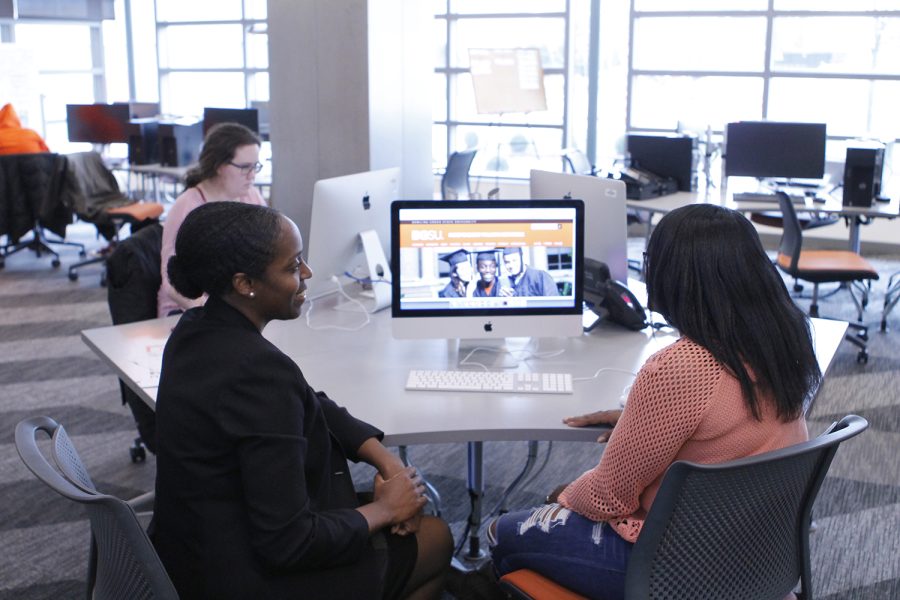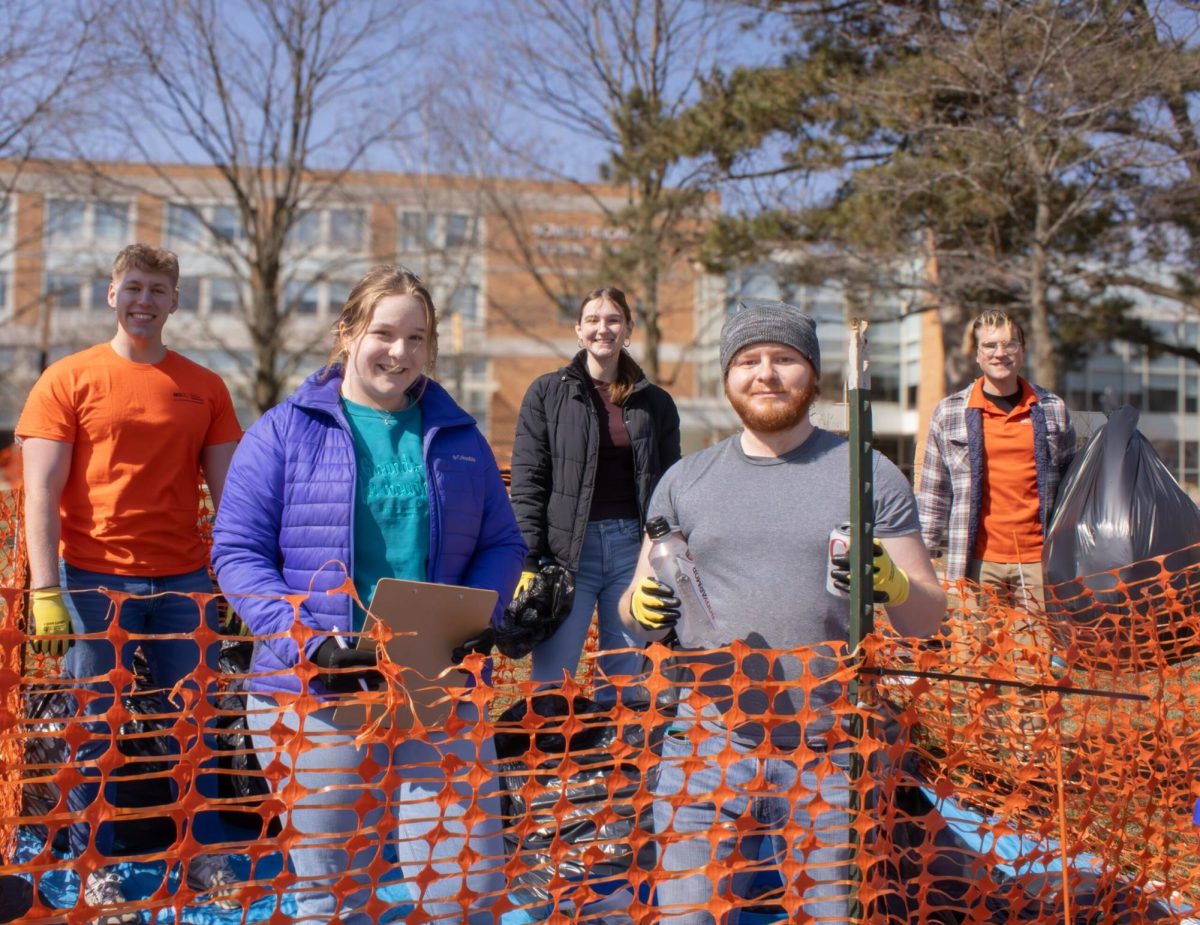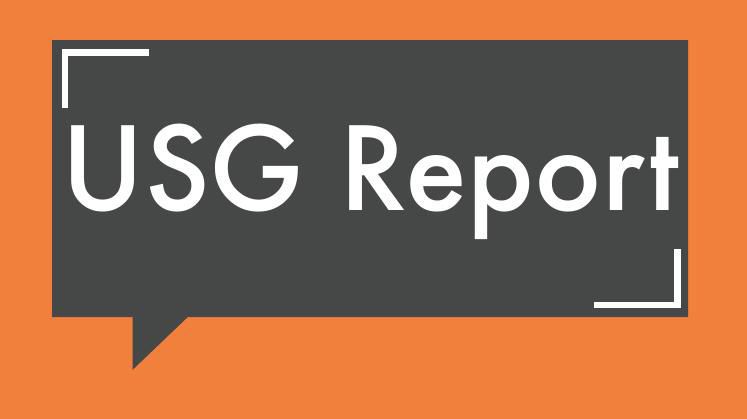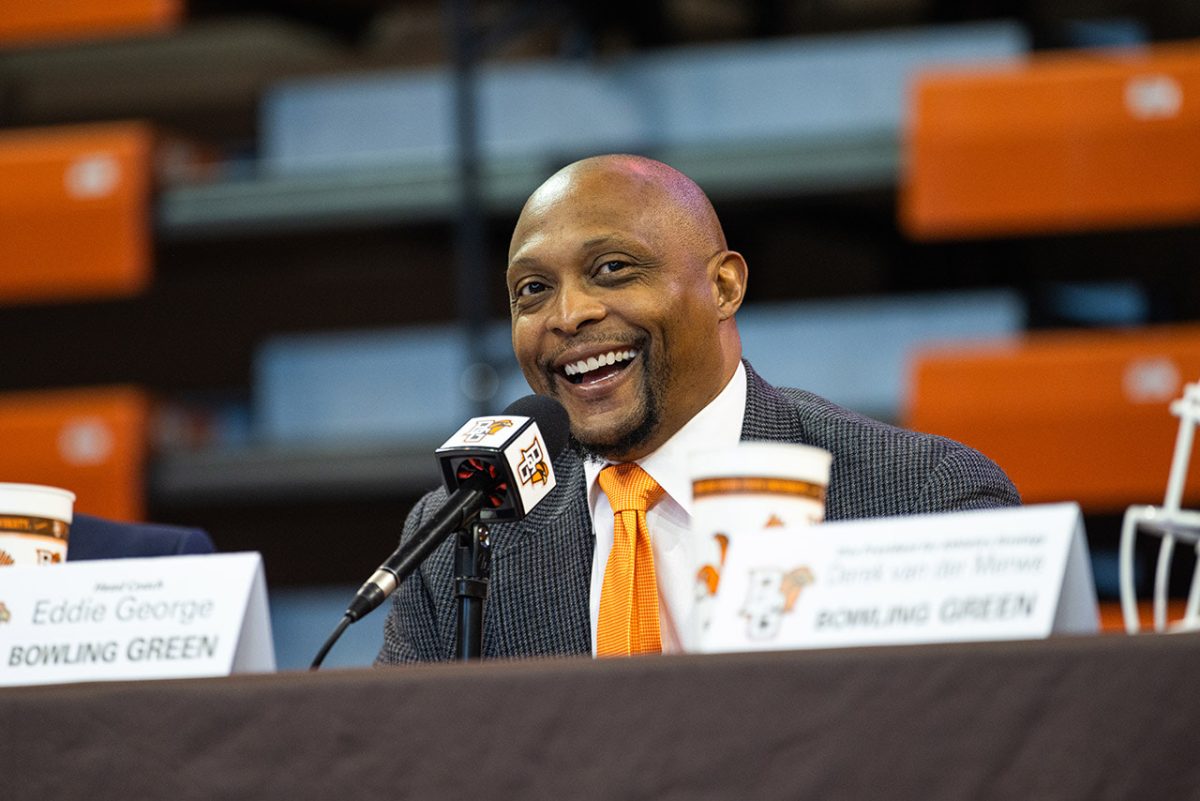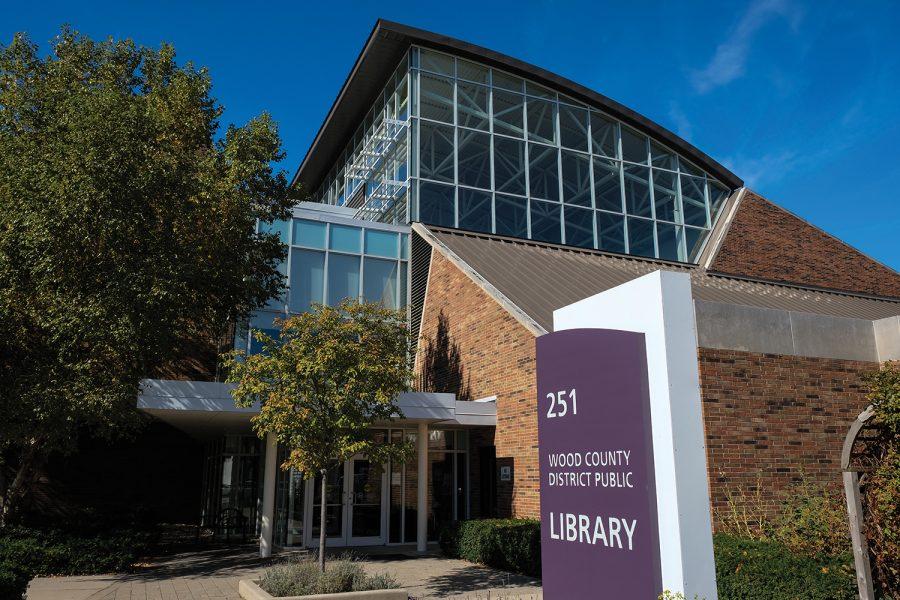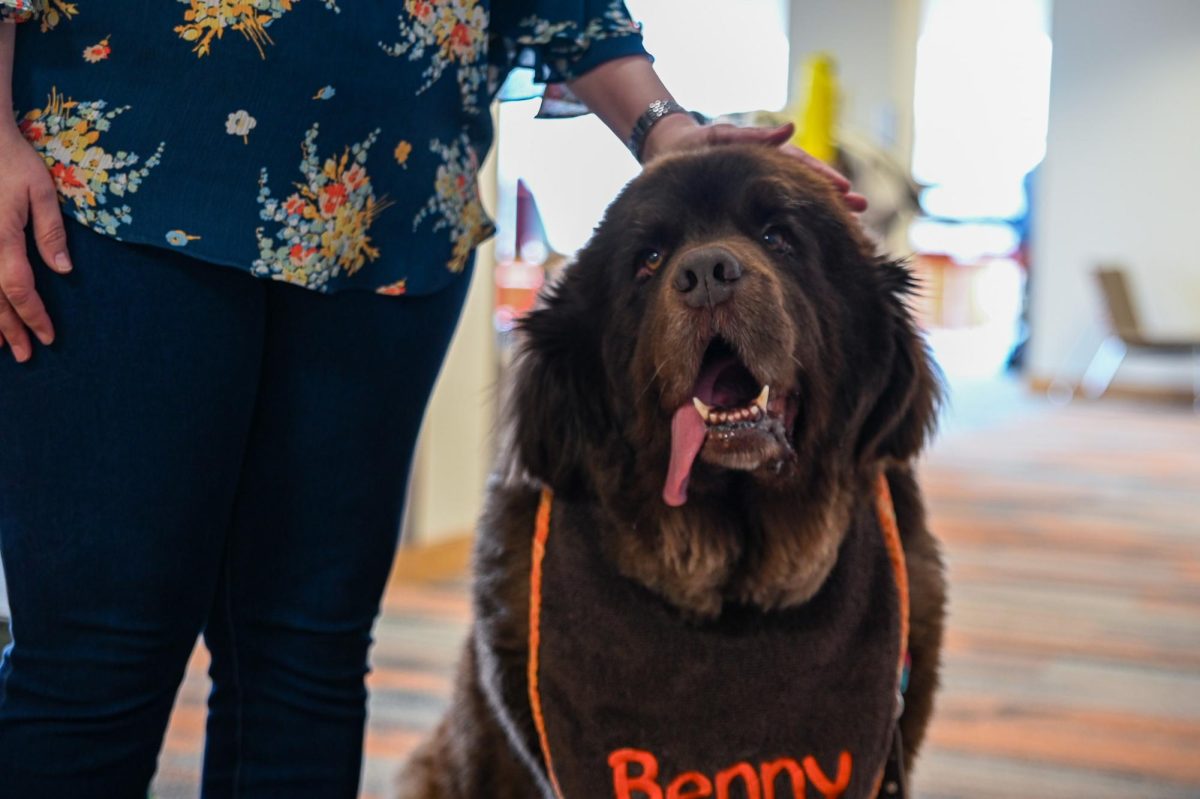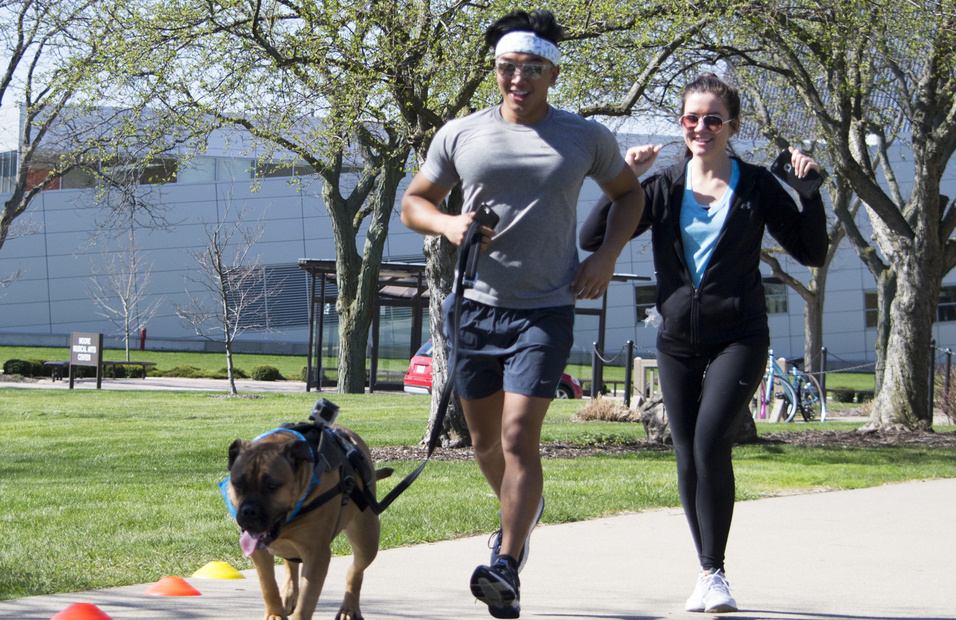After a few semesters away from the University, Justice Glenn made a hard decision to put all her eggs in one basket as her “last resort”— that basket was the Independent Falcon Network.
A rough semester in fall 2015 led Glenn, a 23-year-old exercise science senior, to take a semester off. The plan was always to come back.
“I just kept saying, ‘Well maybe next semester,’” Glenn said. “Then next semester turned into another semester.”
Everything changed when she got an email about the Fostering Forward program from Cynthia Snodgrass, who met Glenn as a TRIO adviser during Glenn’s freshman year. Snodgrass emailed her periodically during her time off, just to see how she was doing.
Snodgrass is also the associate director of the Career Center and one of the founders of Fostering Forward, a roughly two-year-old program that has evolved into the Independent Falcon Network.
“After deliberating about the name of Fostering Forward…how [stigma] might impede a student’s willingness to come and engage with the group,” a steering committee decided to change the name, Snodgrass said. Data also showed that the University had several independent students who weren’t necessarily foster youth but could still benefit, warranting the name and mission change just a few weeks ago.
IFN collaborated with Institutional Research, using FAFSA data to identify students who may be emancipated minors, foster youth, independent as ward of the court, orphaned, unaccompanied by biological parents due to other unique family circumstances, homeless or facing homelessness.
Between 2013 and 2016, there were over 300 students at the University who identified in any one or more of these categories. This fall alone, there are 33.
Once these students are identified, Snodgrass and other key players reach out to them to see if they’d be interested in more information about the program.
As a collaboration across many campus departments and centers, IFN offers help finding resources including the counseling center, financial aid, academic advising, TRIO, scholarships, a toiletry pantry in the Career Center, Student Employment Services, community-building events, Wood County Job and Family Services and more.
“It’s about actually having a centralized method of accessing and tapping into these resources,” Snodgrass said.
While not as many students as Snodgrass would like have reached out, IFN is still in its beginning stages, and other universities with similar programs have thrived even though they started with low numbers. She’s working hard to engage more students, including using word of mouth as the best form of marketing.
“As the program builds, we’d love to have the students tell their stories— share their success stories,” she said. Glenn is one of those stories.
At first, she didn’t think the program applied to her because Glenn was never part of the foster system. However, she was an independent student raised by her maternal grandmother after she lost both parents before she was even two years old.
After Snodgrass’s email brought Glenn back to the University, she took advantage of several resources including subject tutoring, the Learning Commons and resume building during her time in the program.
“I was like, ‘I don’t have anything else to lose so I’m just going to put all my eggs in one basket and see how this is going to turn out,’” Glenn said.
While she’s used several resources, her biggest benefits are the support system she’s received through the program, confidence boost and a better outlook on her college experience.
“When I was younger there was a lot of stuff that happened to me that was out of my control, so growing up I was really strict with myself,” she said.
Her plan was to graduate high school, go to college, get into a nursing program, graduate and become a nurse. When that didn’t go the way she planned, she felt crushed.
“They always say have a plan B, but if I have a plan B that means I don’t believe in my plan A,” she said.
She remembers Snodgrass checking up on her until she got the email that brought her back to the University. Now she always thinks about Snodgrass reminding her that there’s more than way to reach a goal. Now she’s preparing for graduation in May.
“[Thinking about graduation is] still stressful, but I feel a lot more optimistic,” Glenn said. “I feel like it feels more attainable now than two years ago.”


